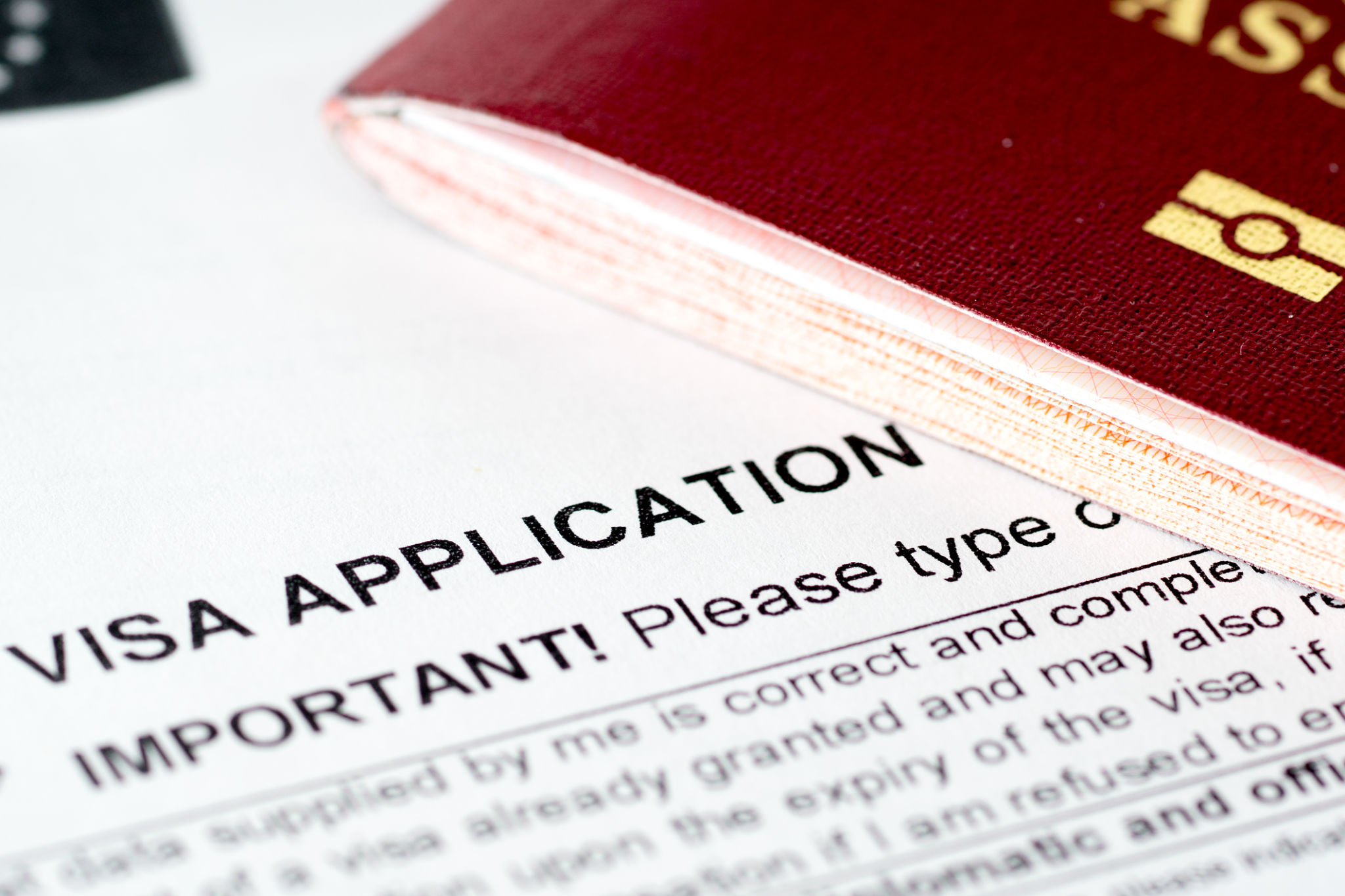How Much Does an Italian Tourist Visa Cost? Understanding the Fees and More
Understanding the Italian Tourist Visa
Planning a trip to Italy is an exciting endeavor, but before you start packing your bags, it's essential to understand the visa requirements. For many travelers, obtaining an Italian tourist visa is a necessary step. This visa allows you to explore the beauty of Italy for up to 90 days within a 180-day period. In this blog post, we'll break down the costs associated with securing an Italian tourist visa and provide some additional insights to ensure a smooth application process.

Breakdown of Visa Fees
The cost of an Italian tourist visa can vary based on several factors, including your nationality and the processing speed you choose. As of now, the standard fee for a Schengen visa, which includes Italy, is approximately €80 for adults and €40 for children aged 6 to 12. Children under six years old are usually exempt from these fees. However, it's always wise to check with the Italian consulate or embassy in your region, as fees can be subject to change.
Additional Service Fees
In addition to the standard visa fee, you may encounter additional service charges if you opt to use a visa processing center or agency. These centers often charge a service fee that covers administrative expenses. The cost can range from €20 to €30, depending on the center's location and the services provided. It's important to budget for these extra costs when planning your visa application.

Expedited Processing Fees
If you're in a hurry to get your visa, expedited processing options are available. This service often comes at an extra cost, which can be significantly higher than the standard fee. Expedited services can range from €50 to €100 on top of the regular visa fee, depending on how quickly you need your application processed. This could be a worthwhile investment if time is of the essence.
Fee Exemptions and Reductions
Certain travelers may be eligible for fee exemptions or reductions. For instance, researchers traveling for scientific purposes or representatives of non-profit organizations attending seminars or events may qualify for reduced fees. Always check the specific criteria for exemptions or reductions with the Italian consulate or embassy to see if you qualify.

Preparing for Additional Costs
While visa fees are a significant part of your travel budget, there are other potential costs to consider. These may include costs for acquiring documents such as travel insurance, which is mandatory for all Schengen visa applicants, and fees for notarizing documents or obtaining translations. It's crucial to account for these expenses when planning your trip to avoid any last-minute financial surprises.
How to Pay Visa Fees
Most Italian consulates and embassies accept visa fee payments via bank transfer or postal order. Some locations may also accept cash payments directly at the consulate. Make sure to confirm the accepted payment methods in advance and retain proof of payment as this will be required during your application submission.
Final Tips for a Smooth Application
To ensure a stress-free application process, start by gathering all necessary documents well in advance. This includes your passport, travel insurance, proof of accommodation, and sufficient financial means to cover your stay in Italy. Double-check that all forms are completed accurately, and schedule your appointment with the consulate early to avoid peak season delays.
With a clear understanding of the costs and requirements associated with obtaining an Italian tourist visa, you're well on your way to enjoying all that Italy has to offer. Buon viaggio!
